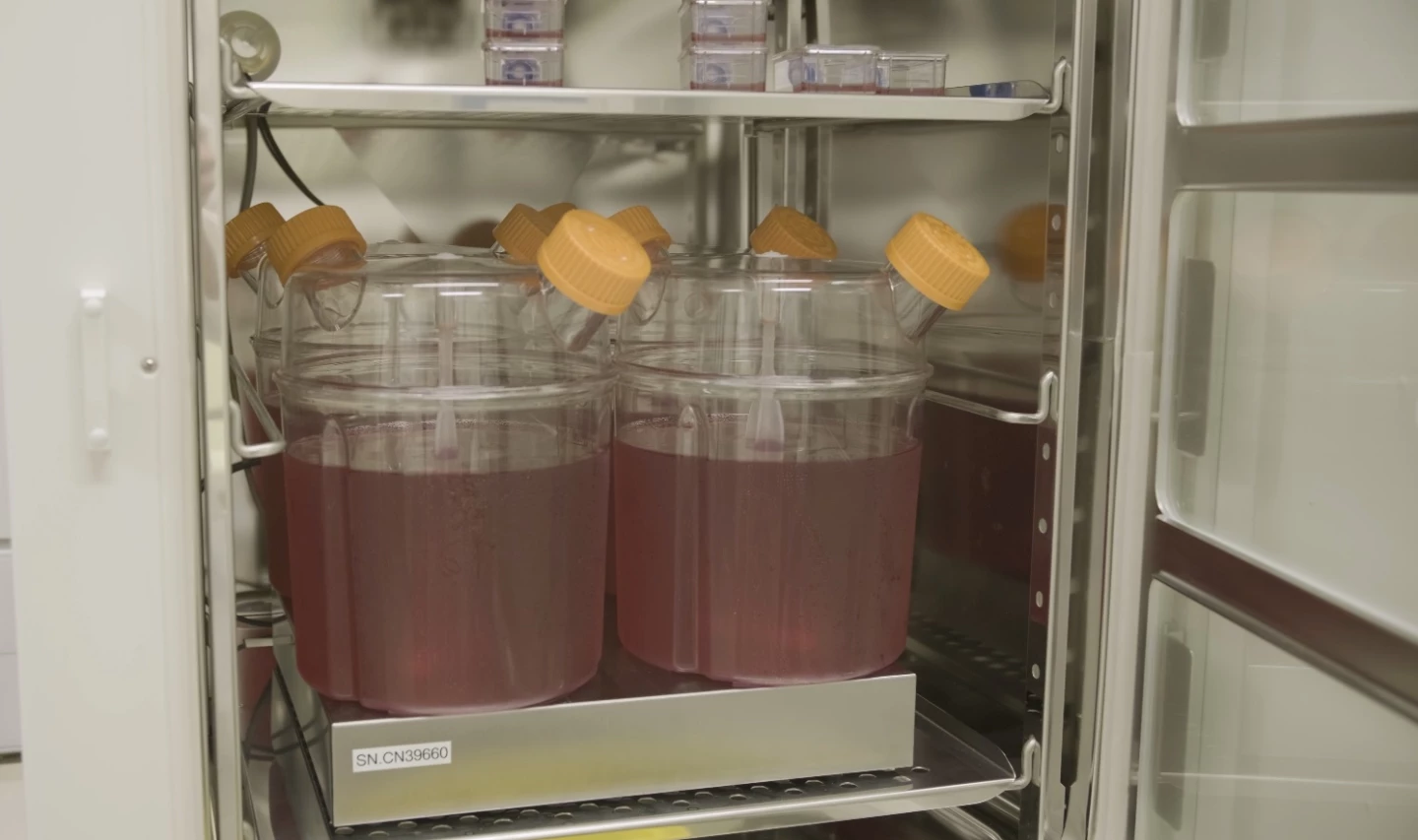For the first time ever, human patients have received transfusions of blood cells that were grown from stem cells in a lab. A clinical trial investigating the safety of the procedure is currently underway, which could revolutionize blood transfusions.
Blood donations can be life-saving, especially for people with disorders like sickle cell anemia. But demand far outstrips supply, and matching blood types is an extra hassle that often results in patients missing out even as donated blood goes to waste.
An attractive alternative would be large-scale production of red blood cells in labs, which can be tuned to have whichever blood type is needed. Scientists have been working towards this goal for decades, and now a major milestone has been achieved with the first ever transfusion of lab-grown blood into human patients.
The technique still starts with blood from a donor, but in this case it’s not the red blood cells scientists are after – it’s the blood stem cells. These are isolated and placed in a nutrient solution for 18 to 21 days, encouraging them to multiply and develop into more mature blood cells. These are then further purified and stored, ready for transfusion.

The new clinical trial, named RESTORE, is designed to test the safety of transfusions of these manufactured blood cells, as well as how long they last in the body. Red blood cells normally have a lifespan of around 120 days, but conventionally donated blood contains a random sample of cells of different ages. Lab-grown blood, on the other hand, is all made “fresh,” so it should all reliably last up to 120 days.
The RESTORE trial will involve at least 10 participants receiving “mini” transfusions of blood, containing just 5 to 10 ml (one to two teaspoons) of red blood cells. They will each be given two of these mini transfusions, four months apart – one will be lab-grown blood cells, and the other standard donated blood. They will then be monitored for any side effects, and specifically to check whether the lab-grown blood lasts longer, as expected.
So far, two participants have received transfusions of lab-grown blood cells as part of the trial, with the scientists reporting that they have shown no untoward side effects.
With further development, lab-grown blood cells could offer a few advantages over conventional blood donation. For people with conditions that require regular blood transfusions, the longer lifespan of the cells should help give them longer gaps between transfusions. And it could reduce the need to match blood types between donors and recipients, potentially alleviating shortages in the long run.
While this is a major milestone towards that goal, there’s still much more work to do before blood transfusions are regularly lab-grown. In the meantime, blood donors are still very much in demand.
Professor Ash Toye of the University of Bristol describes the clinical trial in the video below.
Source: NHS






